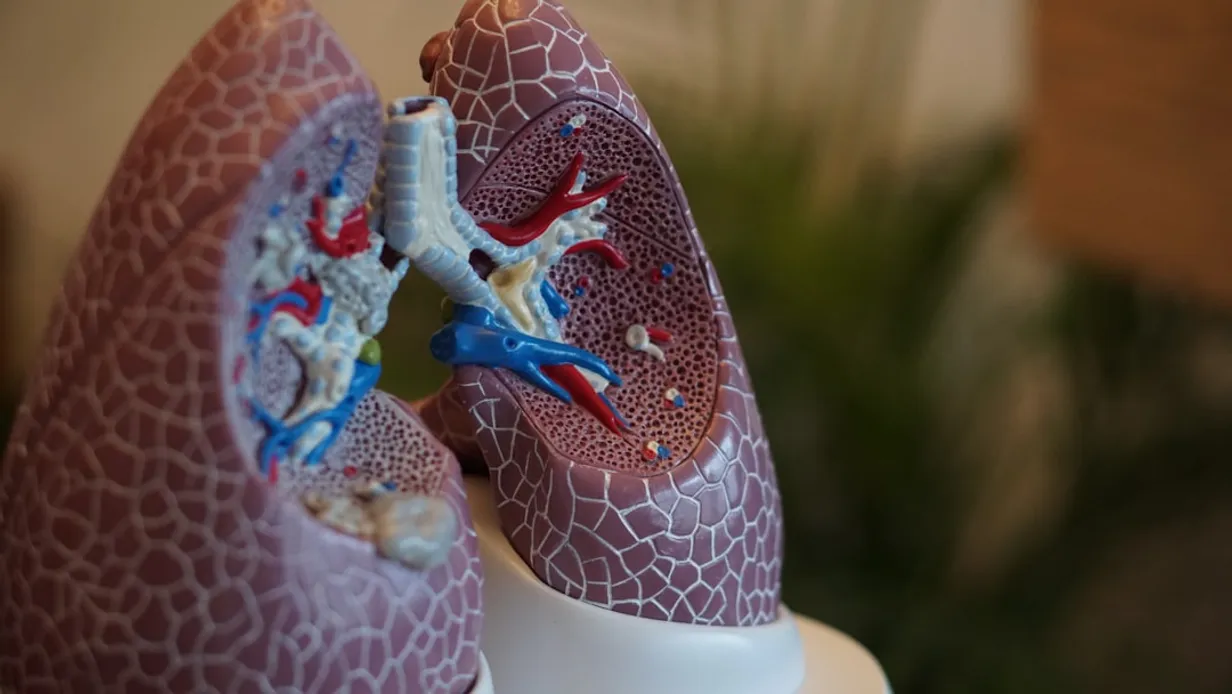
Effective Methods for Managing Chronic Respiratory Diseases
Understanding Chronic Respiratory Diseases
Chronic respiratory diseases (CRDs) encompass a range of conditions that affect the airways and other structures of the lungs. Common CRDs include asthma, chronic obstructive pulmonary disease (COPD), emphysema, and chronic bronchitis. These conditions are characterized by persistent respiratory symptoms and airflow limitations. Understanding the root causes and symptoms is crucial for effective management.
Common Symptoms and Triggers
Identifying Symptoms
Symptoms of CRDs vary depending on the condition but generally include chronic cough, shortness of breath, wheezing, and chest tightness. Early detection and diagnosis are essential for better management and improved quality of life.
Recognizing Triggers
Common triggers for respiratory issues include allergens, environmental pollutants, tobacco smoke, and respiratory infections. Knowing your specific triggers helps in avoiding flare-ups and managing your condition more effectively.
Lifestyle Changes for Better Management
Quitting Smoking
Smoking cessation is critical for anyone with a chronic respiratory condition. Smoking irritates the airways, exacerbates symptoms, and accelerates the progression of CRDs.
Healthy Diet and Hydration
A nutritious diet rich in fruits, vegetables, and lean proteins supports overall lung function. Staying hydrated helps thin mucus, making it easier to expel.
Exercise and Physical Activity
Regular exercise strengthens respiratory muscles and enhances lung capacity. Activities such as walking, swimming, and specific breathing exercises can be particularly beneficial.
Medical Treatments and Therapies
Medications
Depending on the specific condition, medications may include bronchodilators, corticosteroids, or combination inhalers. These help to open airways, reduce inflammation, and manage symptoms.
Pulmonary Rehabilitation
Pulmonary rehabilitation programs combine exercise, education, and support to improve lung function and overall health. These programs are tailored to individual needs and abilities.
Self-Care Practices and Monitoring
Regular Monitoring
Keeping track of your symptoms, medication use, and peak flow readings helps in early detection of worsening conditions. Regular check-ups with a healthcare provider are essential.
Stress Management
Stress can worsen respiratory symptoms. Techniques such as mindfulness, meditation, and gentle exercises like yoga can help reduce stress and improve breathing patterns.
Support and Resources
Joining support groups or engaging with online communities can provide emotional support and practical tips from individuals facing similar challenges. Don’t hesitate to seek help from healthcare professionals, counselors, or respiratory therapists for comprehensive care.
Managing chronic respiratory diseases is a multifaceted process that involves a combination of lifestyle changes, medical treatments, and self-care practices. By understanding your condition and implementing effective management strategies, you can lead a healthier and more balanced life.
Top Adult Health Articles
Check out the most popular articles among our readers, featuring trusted advice and actionable insights on adult health.


Related Posts
View All
Adapting Your Lifestyle for Asthma Management



